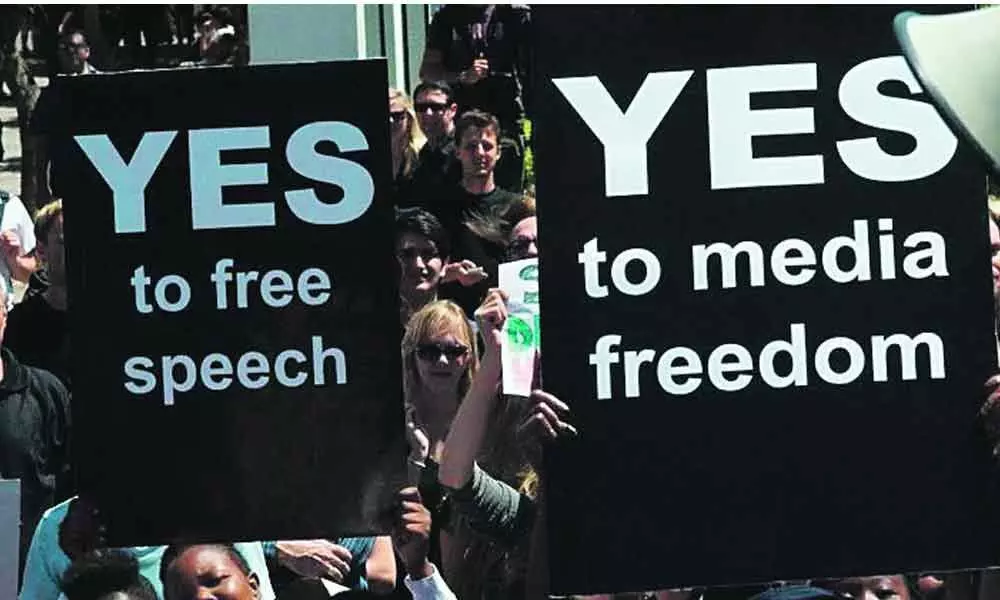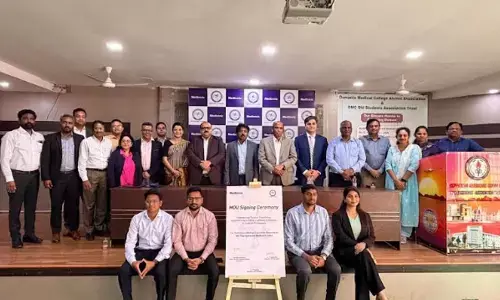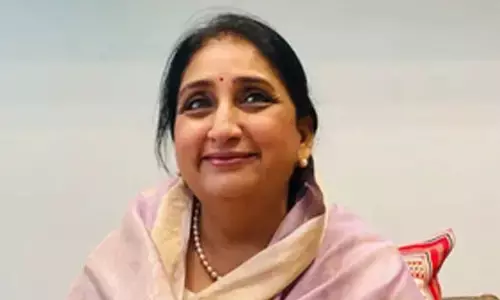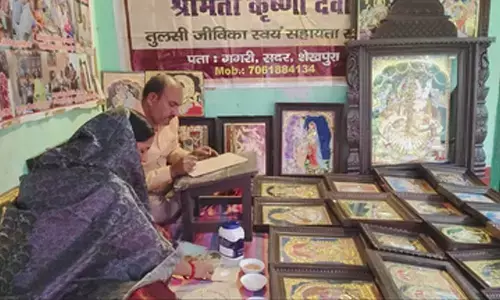Development impossible if media muzzled

The fundamental right to seek and disseminate information through an independent press is under attack, and part of the assault has come from an unexpected source.
The fundamental right to seek and disseminate information through an independent press is under attack, and part of the assault has come from an unexpected source.
Elected leaders in many democracies, who should be press freedom's staunchest defenders, have made explicit attempts to silence critical media voices and strengthen outlets that serve up favourable coverage.
The trend is linked to a global decline in democracy itself: The erosion of press freedom is both a symptom of and a contributor to the breakdown of other democratic institutions and principles, a fact that makes it especially alarming.
According to Freedom House's Freedom in the World data, media freedom has been deteriorating around the world over the past decade, with new forms of repression taking hold in open societies and authoritarian States alike.
The trend is most acute in Europe, previously a bastion of well-established freedoms, and in Eurasia and the Middle East, where many of the world's worst dictatorships are concentrated.
If democratic powers cease to support media independence at home and impose no consequences for its restriction abroad, the free press corps could be in danger of virtual extinction.
Does the world want a free press or not is the fundamental question. Because, if the world does not care for press freedom, then it should understand that it does not deserve democracy in the first place. Of course, it is not that a free press dies due to repression.
It does so due to extreme conditions for some time. But it emerges stronger sooner or later. Experience has shown that press freedom can rebound from even lengthy stints of repression when given the opportunity.
The basic desire for democratic liberties, including access to honest and fact-based journalism, can never be extinguished, and it is never too late to renew the demand that these rights be granted in full.
This debate is essential now as we all face restrictions on free speech and expression in our country as well as the world. In some of the most influential democracies in the world, large segments of the population are no longer receiving unbiased news and information.
This is not because journalists are being thrown in jail, as might occur in authoritarian settings. Instead, the media have fallen prey to more nuanced efforts to throttle their independence.
Common methods include government-backed ownership changes, regulatory and financial pressure, and public denunciations of honest journalists.
Governments have also offered proactive support to friendly outlets through measures such as lucrative State contracts, favourable regulatory decisions, and preferential access to State information.
The goal is to make the press serve those in power rather than the public. Coming to our own country, we have witnessed varied forms of attack on press freedom right from the Emergency.
The right-wing populism and majoritarianism have now only made the situation more complex. Attacks on media in the two Telugu States are no different from it.
Intolerance is at the root of it all. Neither "Rajanna Rajyam" nor "Bangaru Telangana" nor "India Shining" is possible as long as the repression against the free voices continues.

















